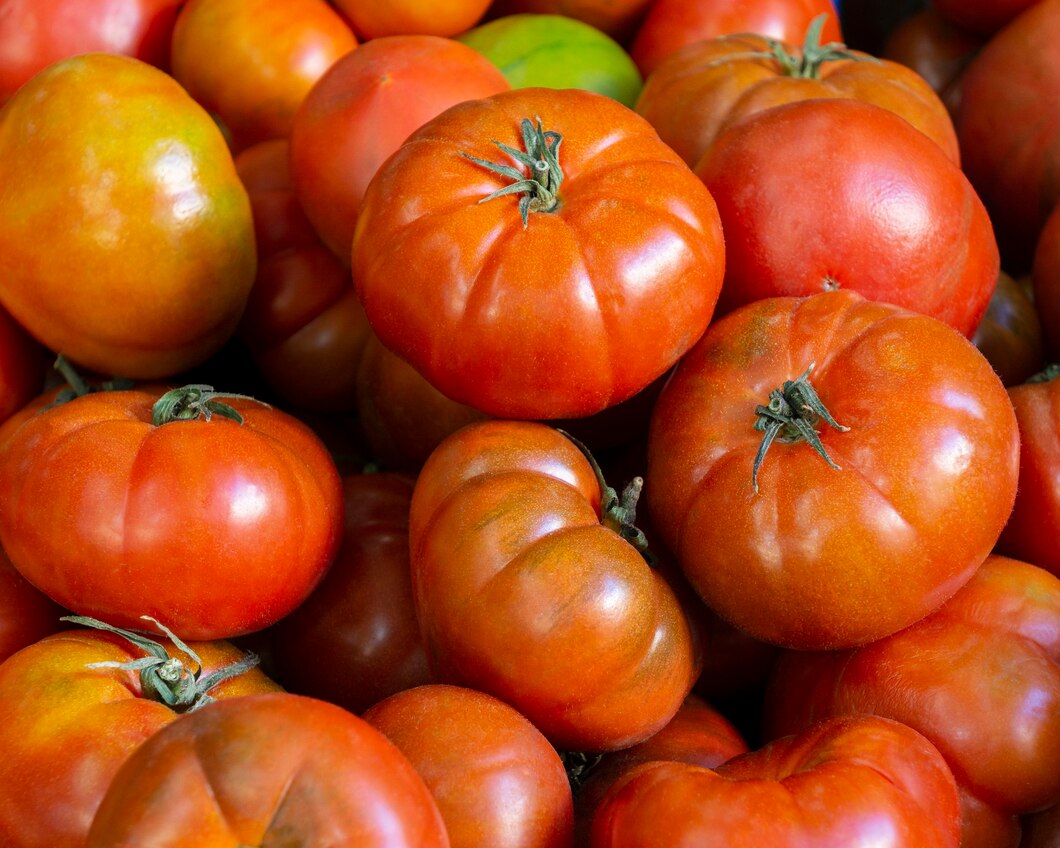Genetically modified organisms (GMOs) have been a topic of intense debate for years, with supporters arguing that they increase food production and improve resistance to pests, while critics raise concerns about potential health risks. One of the most alarming concerns is the possibility of certain genetically modified foods becoming toxic or poisonous due to their altered genetic makeup. Here are 10 foods that can potentially be poisonous due to genetic modifications.
- Corn: Corn is one of the most widely genetically modified crops in the world. Certain strains have been engineered to produce Bt toxin, a pesticide that kills insects. While Bt toxin is generally considered safe for humans, there are concerns that excessive consumption of GMO corn could lead to an accumulation of toxins in the body, potentially causing adverse health effects.
- Soybeans: GMO soybeans have been modified to be resistant to herbicides like glyphosate. However, these modifications can lead to higher levels of pesticide residues in the soybeans. Long-term exposure to glyphosate has been linked to various health issues, including potential carcinogenic effects, making GMO soybeans a concern.
- Tomatoes: Early genetically modified tomatoes were developed to extend shelf life and resist bruising. However, some of these modifications have led to the production of potentially harmful compounds in the tomatoes. There have been reports of allergic reactions and other health issues linked to the consumption of certain GMO tomato varieties.
- Potatoes: Genetically modified potatoes have been engineered to resist pests and diseases. However, some GMO potatoes have been found to contain higher levels of glycoalkaloids, natural toxins that can cause nausea, vomiting, and even neurological issues if consumed in large quantities.
- Canola: Canola, used primarily for oil production, is often genetically modified to be resistant to herbicides. These modifications can lead to increased pesticide residues in the oil, which, when consumed in large amounts, may pose health risks. Some studies have also suggested that certain genetically modified canola strains could have toxic effects on the liver and kidneys.
- Papaya: In some regions, papayas have been genetically modified to resist the ringspot virus. However, these modifications can alter the nutritional content of the fruit and potentially introduce allergens or toxins that were not present in the original, non-GMO varieties.
- Zucchini and Yellow Squash: These vegetables have been genetically modified to resist viruses, but the genetic alterations can sometimes lead to the production of harmful substances in the plants. Consuming large quantities of genetically modified zucchini or yellow squash could potentially expose individuals to these toxins, leading to health concerns.
- Rice: Genetically modified rice, such as “Golden Rice,” has been engineered to produce beta-carotene, a precursor of vitamin A. While this is intended to address vitamin A deficiencies, there are concerns that the genetic modifications could result in the production of harmful compounds or allergens, especially if the rice is consumed in large quantities.
- Cottonseed Oil: Cotton plants are often genetically modified to resist pests, and the seeds are used to produce cottonseed oil, commonly found in processed foods. The genetic modifications can lead to the presence of harmful chemicals in the oil, which may pose health risks when consumed over time.
- Sugar Beets: Sugar beets are frequently genetically modified to be resistant to herbicides, leading to higher levels of pesticide residues in the sugar extracted from these beets. There are concerns that long-term consumption of sugar from genetically modified sugar beets could contribute to health issues such as hormone disruption or allergic reactions.
While genetic modifications in food have been designed to improve crop yields, resistance to pests, and nutritional content, they also raise significant concerns about potential toxicity and health risks. It’s important for consumers to be aware of the possible dangers associated with GMO foods and to make informed decisions about what they eat. Choosing organic or non-GMO varieties of these foods whenever possible can help reduce the risk of exposure to harmful compounds that might be present in genetically modified foods.








